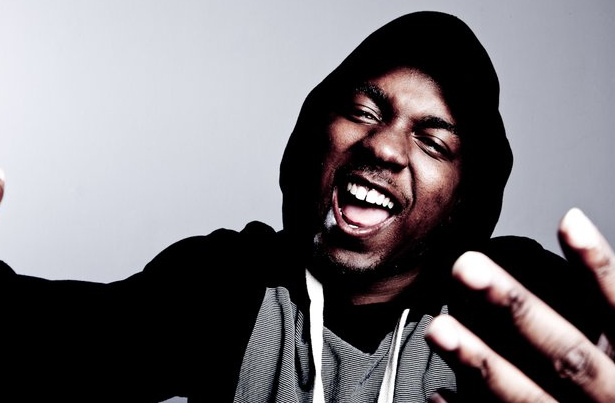
Advertisement
Advertisement
The intro – which is read by a pastor – references “Real”, the track which closes thenarrative in good kid, m.A.A.d cityand asks “what’s love got to do with it, when you don’t love yourself”. The chorus on “i” repeats the line “I love myself” – but also features references to guns in the hood, mobs of police, and going to war on the street - suggesting the new record’s narrative will follow on fromgood kid, m.A.A.d citywith a positive lilt. The refrain states “[the city] can do what it wants but I don’t mind” – because when you’re at peace with yourself you can be at peace with the world around you.This is quite progressive. A lot of West Coast hip-hop centres around feeling positive – but is usually generated from the outside world: money, women, drugs, power. Instead, Kendrick’s record focuses solely on self-belief; the fact that, in a city riddled with “guns”, “police”, and “war”, being comfortable and looking after yourself is the most important thing. He’s a walking self-help book.The religious connotations of the pastor’s introduction – and later with references to “walking barefoot” – makes it feel like Kendrick is giving a sermon. He’s saying that the time is ripe for more people to believe in themselves and create something positive; he tells his followers they shouldn’t “lack confidence” because this is the first time in ages the city hasn’t been “anonymous”.
Advertisement

